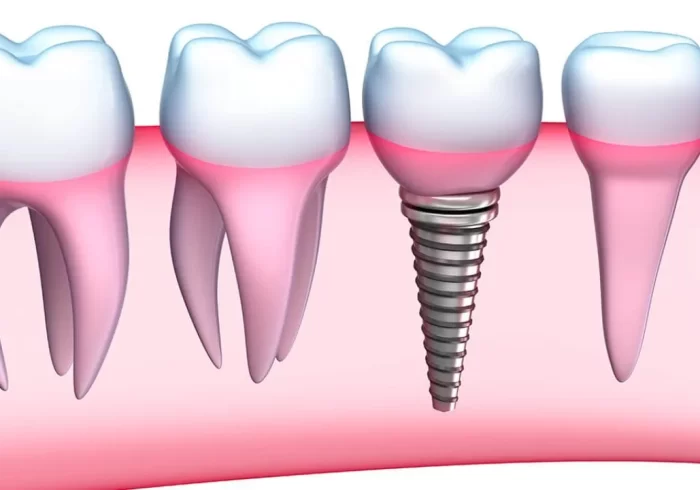Cosmetic procedures though intended to yield positive outcomes, might not always meet expectations due to various factors. Although the majority of plastic surgery patients are satisfied with their outcomes, this is not always the case. In case of upsetting results, you need to go for revision surgery to get the imperfections correct. Here are a few indications of when you should go for surgery revisions Frisco.
Indications for revision surgery:
Unsatisfactory outcomes: If the initial surgery fails to deliver the anticipated results, particularly in cosmetic or aesthetic procedures, revision surgery might need to be undertaken.
Impairment of functionality: Surgery intended to improve aesthetics, sometimes impairs the functionality of the organ making the situation even worse. To restore the functionality, revision is done.
Medical complications: Surgical complications such as infections, implant failure, or tissue damage may occur. If these complications have a severe impact on your health, a revision operation may be required to correct them.
Scar tissue formation: Excessive scar can form around the surgical site over time, causing discomfort or functional limits. Scar removal may sometimes necessitate revision surgery.
Implant-related concerns: Implants inserted in various cosmetic surgeries may create troubles such as shifting, leaking, rupture, or unease. If these issues emerge, revision surgery may be the best option.
Natural aging: Procedures such as facelifts or body contouring may require revision surgeries in the future to maintain the intended results as the body ages naturally.
Most common revision surgeries:
Facelift: If the first treatment resulted in an unnatural appearance, a second facelift may be sought.
Breast augmentation: The initial procedure may have resulted in disappointing or inconsistent outcomes. Alternatively, the patient may wish to have their implants replaced or removed entirely.
Breast reduction surgery: The first breast reduction surgery may have failed to decrease the breasts sufficiently to relieve physical discomfort.
Rhinoplasty revision: A revision rhinoplasty may be requested to repair compromised breathing function or to improve symmetry.
Tummy tuck: The first treatment may not have reduced the midsection sufficiently, or the patient may have gained too much weight since the first tummy tuck.
Scar revision surgery: Another common demand is for a procedure to fix a badly healed scar. Scar revision surgery is a difficult operation that involves enhancing or lowering the look of the scar to make it less obvious, however, most scars cannot be entirely eliminated.
Revision cosmetic procedures is never a preferred decision for patients, yet it could be a suitable choice if you are unhappy with your original procedure. Nonetheless, it is critical to select the right revision surgeon for desired outcomes.








